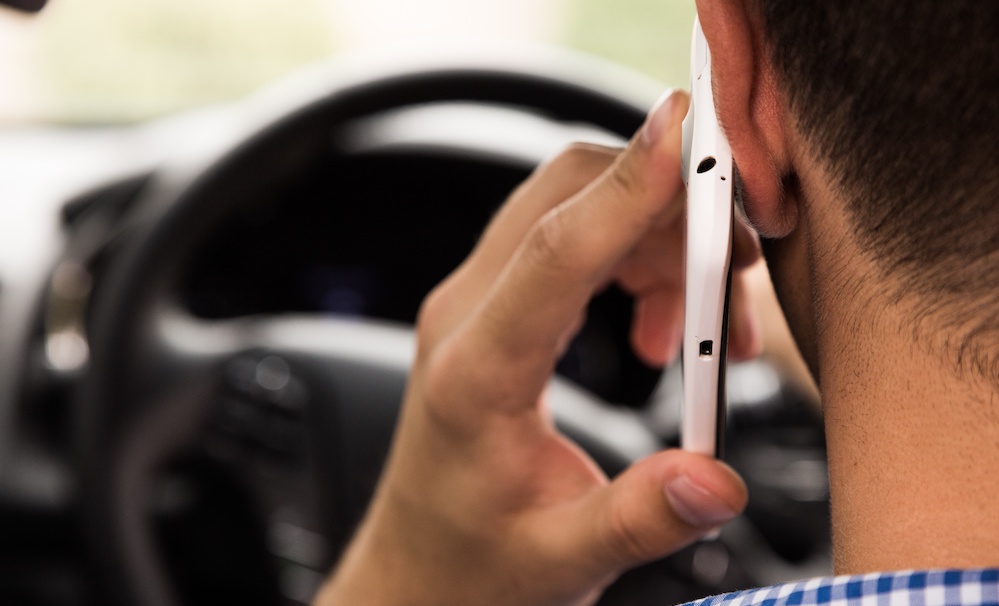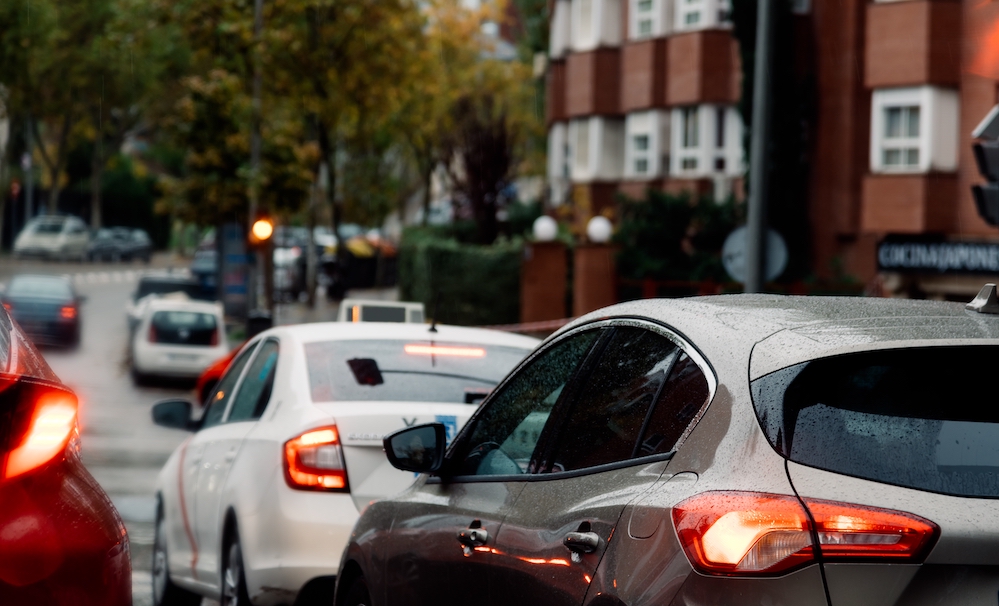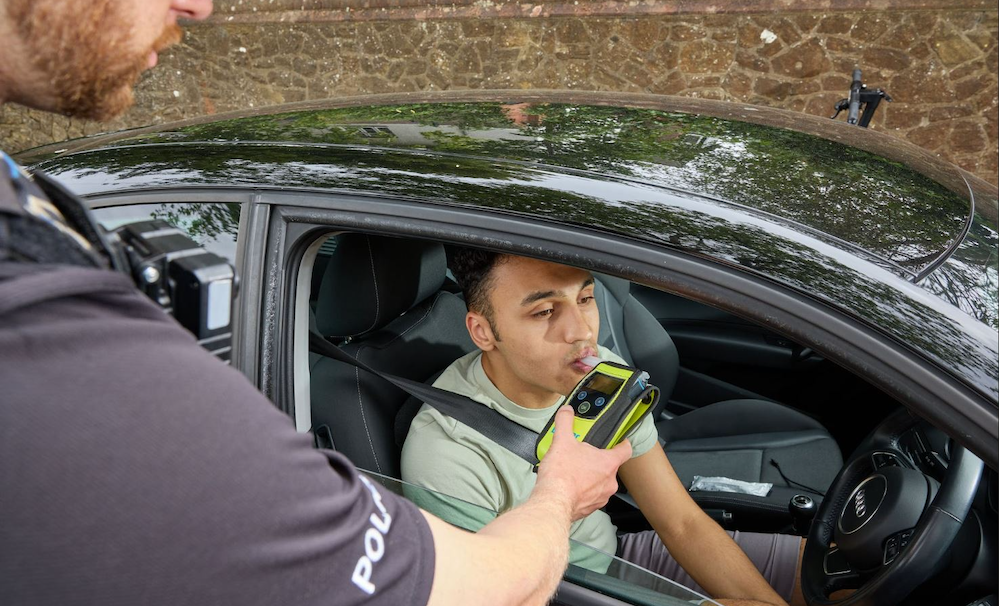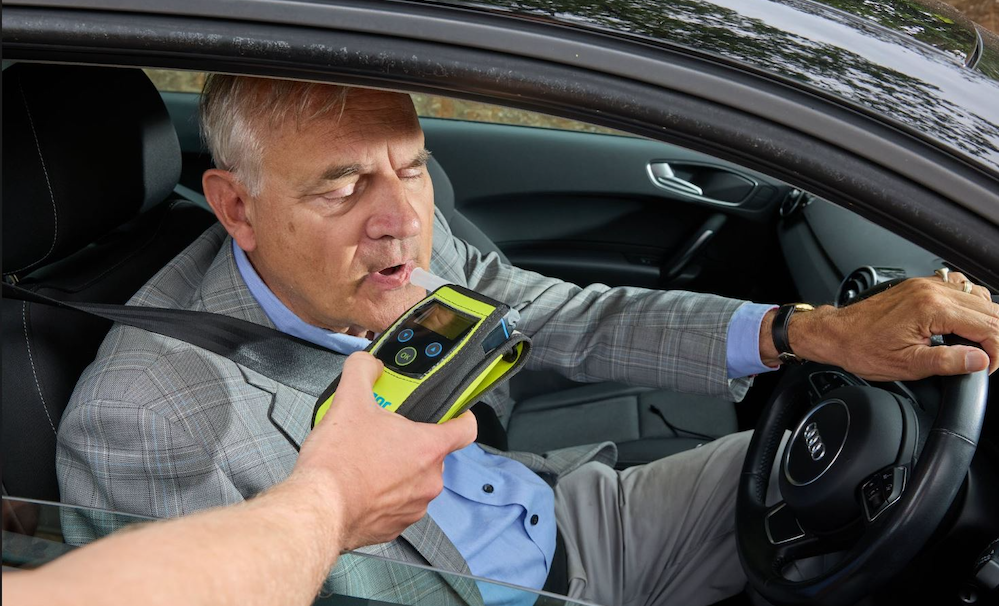A serious of significant restrictions on mobile phone use whilst driving is recommended by the Commons Transport Select Committee in a report published on 13th August: Road Safety: driving whilst using a mobile phone, writes Tim Ridyard of Ashtons Legal solicitors.
This report comes hot on the heels of the recent appeal case that highlighted the legal limits of the current mobile phone offence.
The recommendations, if implemented, may have a significant impact not only on private but commercial drivers. Its extent will depend on changes that businesses may need to implement – some businesses already forbid mobile phone usage of any kind even if hands-free.
The basic conclusions of the report centre on changing the law, enforcement and public awareness and are as follows:
- the offence of driving while using a mobile phone or other device should be changed so it covers all hand-held use (the recent appeal case confirms that not all usage of a hand-held device is prohibited by law as currently drafted)
- extension of the current mobile phone offence by prohibiting all hands-free devices: the Government should assess risks and the practicalities of enforcement, consulting on this by the end of 2019 (see Ashton Legal’s blog on this)
- consideration of whether penalties should increase, following assessment of the effectiveness of the 2017 increase in penalties (when the penalty increased from 3 to 6 points and some short-term driver behaviour change occurred)
- engagement by the Government with police to improve enforcement, including technological solutions and public awareness campaigns
- there should be a Government public education plan that also targets key groups and serial offenders
- Government should lead by example: Government-employed drivers should not use mobile phones, whether or not hands-free, and requiring all public sector and Government contractors to comply with this should be explored
The issue of enforcement resourcing has previously been considered by the Committee when reviewing road safety. In a report some years ago it previously found that the rate of road traffic offending was not dropping but rather a lack of traffic police officers meant that fewer offences were being detected and pursued. An unknown factor is of course the extent to which mobile phone misuse today would be lower, with greater traffic police resourcing. This is highlighted in the report that evidences how, whilst enforcement action for mobile phone offences has reduced, the proportion of fatal or serious accidents in which the use of a mobile phone was a contributory factor has increased. (Latest figures to 2017.) The report also highlights that if there are no consequences of offending mobile phone misuse will continue and there must be ‘a credible threat’ of drivers being caught.
There may be major challenges in tackling the issues flagged up by the Transport Committee. It might involve in due course a huge change in the way individuals and businesses interact when on the road, if all devices, hands-free usage and interactive communication were to be prohibited. Most commercial journeys are carried out with drivers unaccompanied by other staff. Might it mean the driver cannot ever communicate or be contacted in any way whilst their vehicle is in motion? How would businesses and individuals have to adapt? Could changes in the law be disproportionate to the risks being addressed that could be otherwise addressed e.g. by more police resources and better enforcement technology?
The most frequently applied penalty for the specific offence of using a hand-held device is £200 plus 6 penalty points if dealt with as a fixed penalty notice. This means that a probationary driver (first two years since passing test) automatically has their licence revoked by DVLA for a single offence. If the matter proceeds to Court for any reason the normal maximum £1000 fine increases to £2,500 for HGV/PSV incidents. The court penalty is also 6 penalty points unless the driver is disqualified for the offence.
Commercial drivers can expect to have action taken against their vocational licences by the Traffic Commissioners who take a very firm line on such offences, normally an immediate suspension even for a first offence in a commercial vehicle.
Other offences that can encompass the use of mobile phones already exist: failure to have proper control of a vehicle and all dangerous/ careless driving offences. The penalties for the most serious such offences will increase in the near future and the offence of causing serious injury by careless driving will soon be on the statute book – this new offence will undoubtedly be deployed in phone-related cases.
The government will be carrying out consultation work towards the end of 2019 in which mobile phone usage will be considered.








